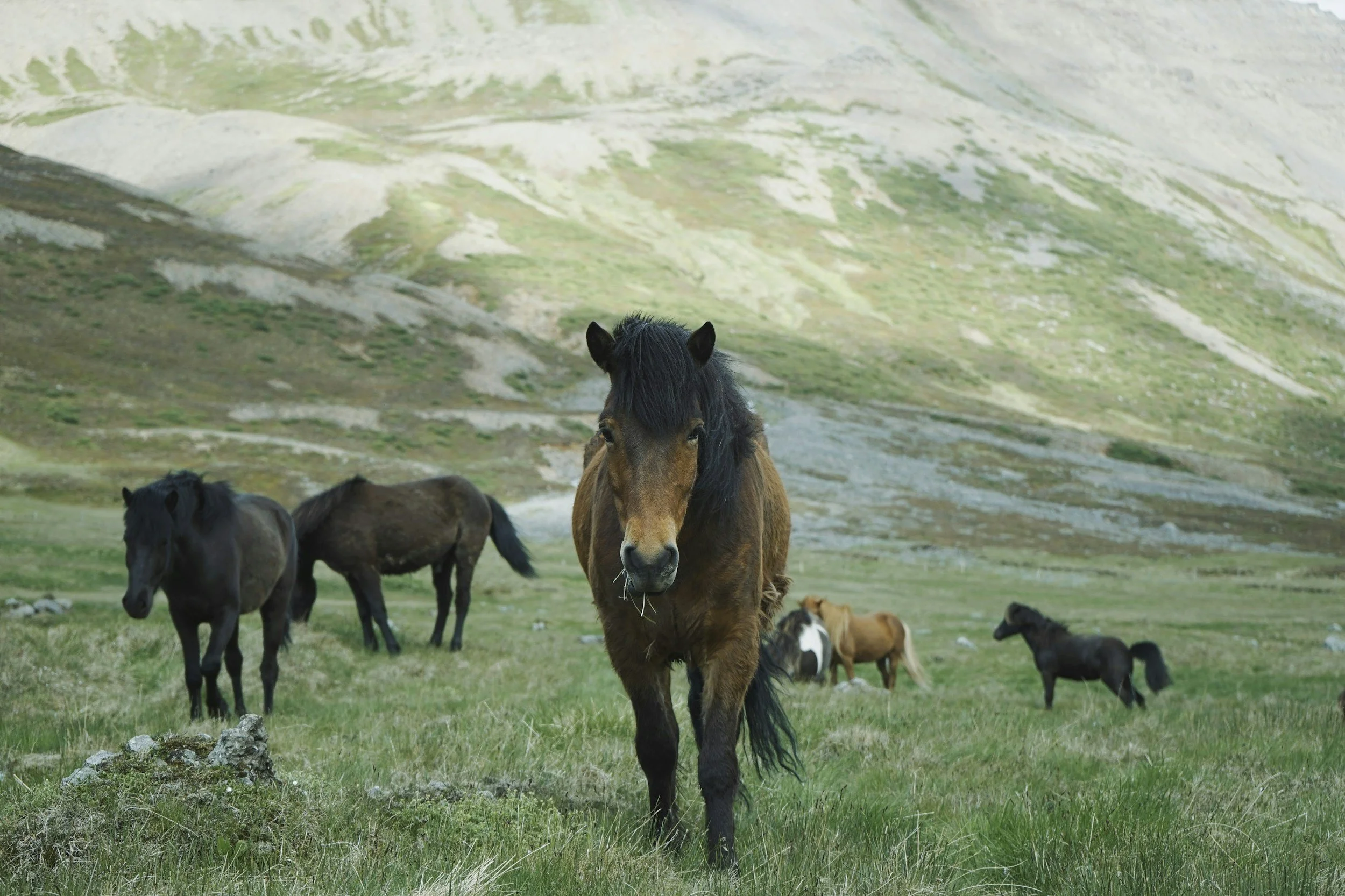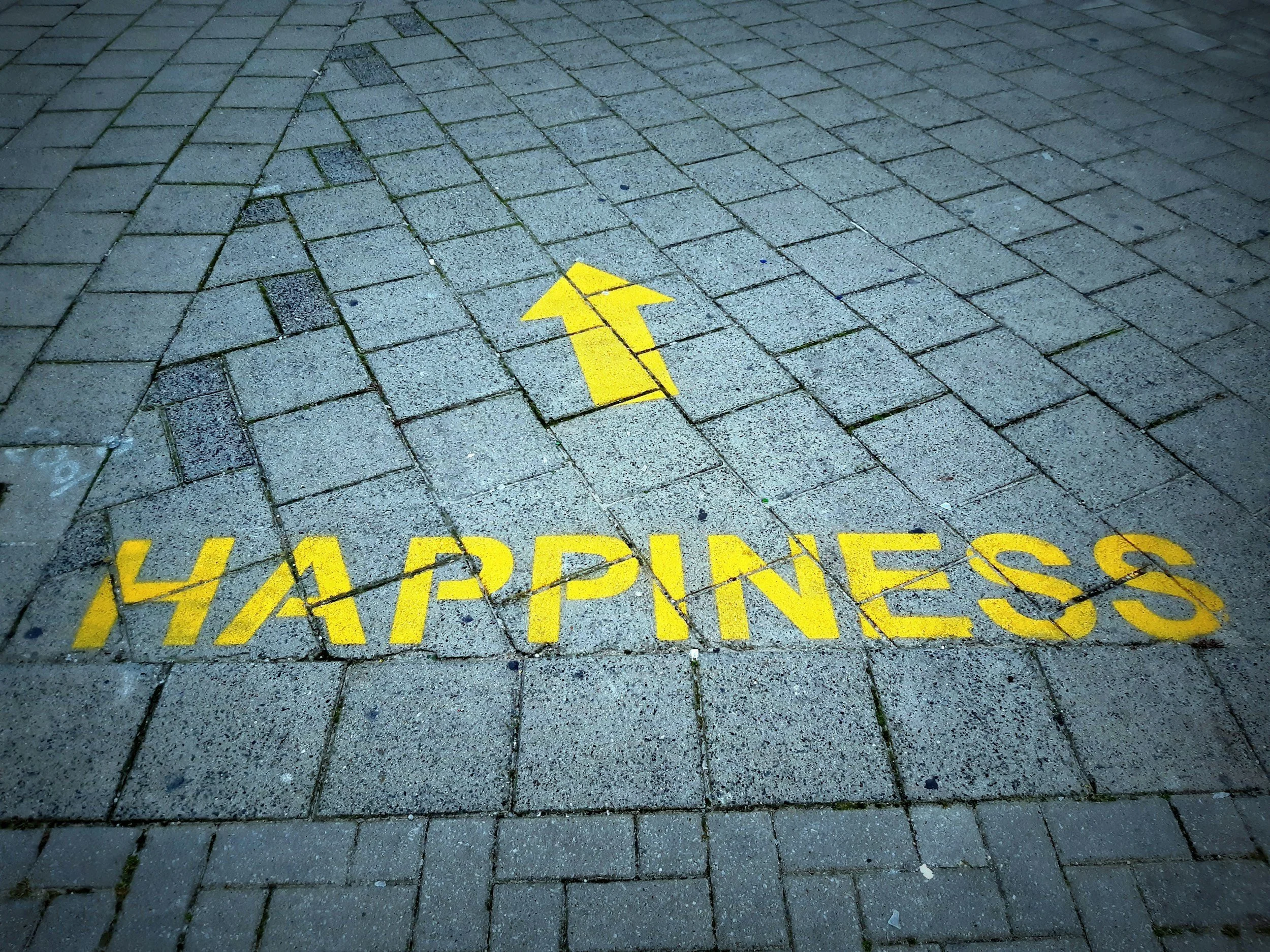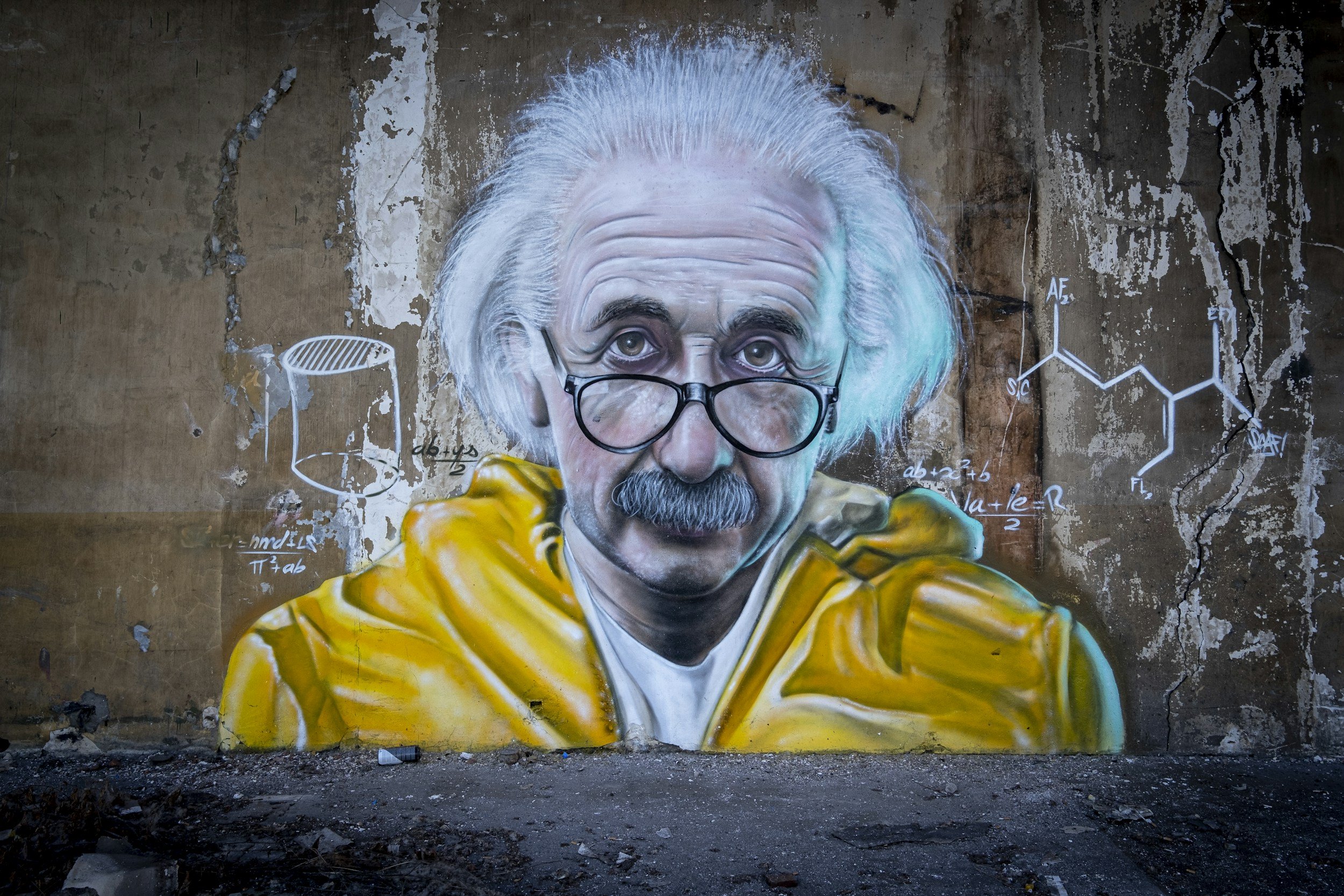
When a Life Is Cut Short, the Echoes Are All of Ours
The tragic assassination of conservative commentator Charlie Kirk has shaken the nation and reignited questions about the role of political discourse in America. Kirk, who co-founded Turning Point USA at just 18, rose to prominence as a sharp conservative voice advocating for limited government, strict immigration policies, and traditional values.
His death, however, is a reminder that no ideology—no matter how fiercely debated—justifies violence. Beyond politics, Kirk was a son, a husband, and a father. The loss felt by his family mirrors the deeper fractures in our society, where debates often escalate into battles and opponents are dehumanized as enemies.
This article challenges us to reflect on the culture of combat that dominates our politics. True change doesn’t come from defeating one another, but from choosing compassion over contempt, curiosity over certainty, and unity over division. The path forward lies not in silencing voices but in remembering our shared humanity and building a future together.


The Physics of Human Connection: Understanding Power in Relationships
When Richard Williams watched tennis on television in 1979 and learned that professional players could earn $40,000 for four days of work, he didn't just see a business opportunity—he saw a destiny waiting to be written. His daughters weren't even born yet, but Richard was already crafting what would become one of the most extraordinary success stories in sports history.
What makes Richard's story so compelling isn't just that he succeeded against impossible odds. It's that he understood something most of us experience but rarely acknowledge: every human relationship operates according to invisible forces as predictable and powerful as the laws of physics. Just as gravity pulls objects together while electromagnetic forces can push them apart, two fundamental energies govern every interaction between people—the propelling energy of power and the attracting energy of love.

The Material Pursuit and Its Role in Happiness
From ancient grain silos to modern stock portfolios, humanity has never escaped the simple and seductive equation of worth with wealth. What once meant counting cattle and measuring harvests now translates to luxury cars in garages, real estate, and stock portfolios that supposedly validate our existence.
This material obsession permeates every layer of society. We often measure a person's success not by their character, but through Forbes listings, where billionaires become demigods and their net worth determines newsworthiness. Corporations chase market share and revenues, while entire nations reduce their complexity to a single, cold number: GDP. Whether we're measuring individuals, companies, or countries, we've surrendered to the same primitive impulse—believing that accumulation equals achievement.

The Paradox of Altruism: Why Our Desire to Help Others Makes Us Miserable
I was once involved with an ethical dilemma that would leave us uneasy for years. The patient was a child diagnosed with a serious but treatable medical condition. The recommended protocol was clear: surgery followed by medical treatment. The treatment had more than an 90% success rate. Without it, the disease would progress and the outcome would be much worse.
The parents were well-educated, loving people who simply believed that a radical change in diet, combined with certain alternative therapies, would cure their child. Our team presented the medical evidence and the likely scenario if prompt treatment isn’t done. Nothing worked.

How Knowledge Shapes Power
In the summer of 1945, J. Robert Oppenheimer, an American theoretical physicist and director of the Manhattan Project’s Los Alamos laboratory during World War II, watched the first nuclear test he and his team developed light up the New Mexico desert. The mushroom cloud rose, he quoted the Bhagavad Gita, a Hindu scripture: "Now I am become Death, the destroyer of worlds."
This moment highlights an undeniable truth about human history: once we acquire knowledge, it transforms not only us but also our connections with everything around us. Throughout history, humans have harnessed knowledge to save lives, but it can also be wielded destructively.

Build Kindness on Top of Justice
The other day, I had a casual—but surprisingly deep—conversation with my teenage son about fairness, doing what’s right, and what it truly means to be kind. He shared a story from school that I thought was a good opportunity for us to learn from.
In his culinary class, he and a classmate had been partnered to prepare food together. My son showed up and participated in every session, while his partner missed most of them for unknown reasons. At the end of the session, each student received a portion of the food they helped make—my son got his, but his classmate didn’t, since she hadn’t been there to contribute.
At that moment, he noticed her looking at him—he couldn’t quite tell if it was expectant or judgmental—but he didn’t like how it felt. So, he chose not to share his food. Later, he asked me, “Was what I did right or wrong?”
That question opened the door to something reflection.

Metta and Praying as Daily Practice for a Healthy Mind and Soul
Every morning, I begin my day with metta, a form of meditation centered on compassion akin to prayer. Those familiar with me might be surprised by this practice, especially since I don’t subscribe to any religious doctrine. Yet, this practice is profoundly significant to me.

Modern Take on Suffering
Mahatma Gandhi’s view of patience as "self-suffering" suggests that enduring discomfort is not merely passive but an active engagement in growth. This line of thinking aligns with a broader understanding across many traditions that suffering is not something to be avoided but an opportunity for transformation.
